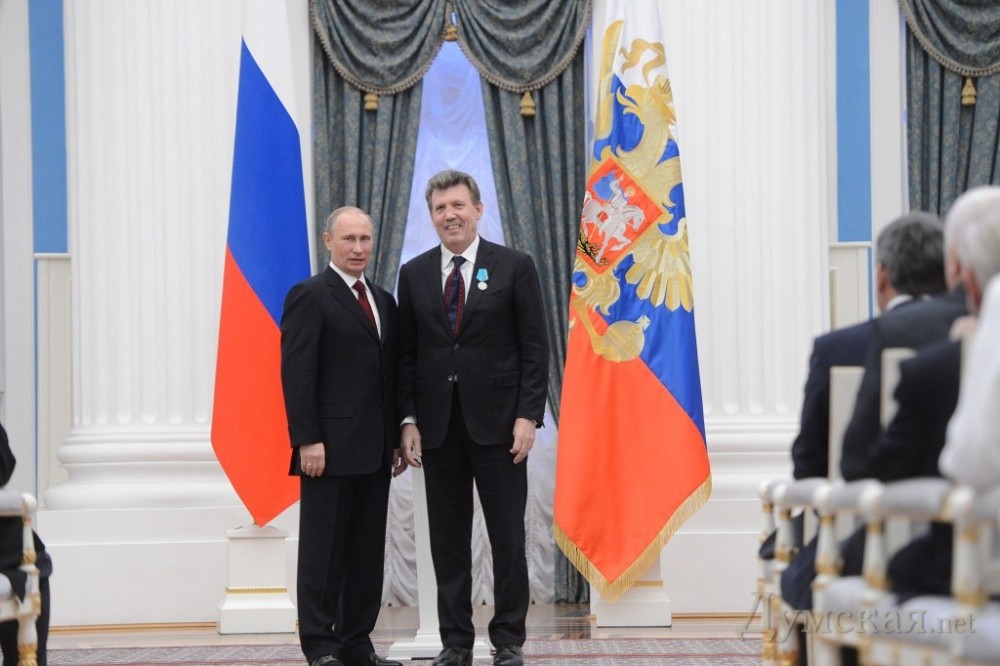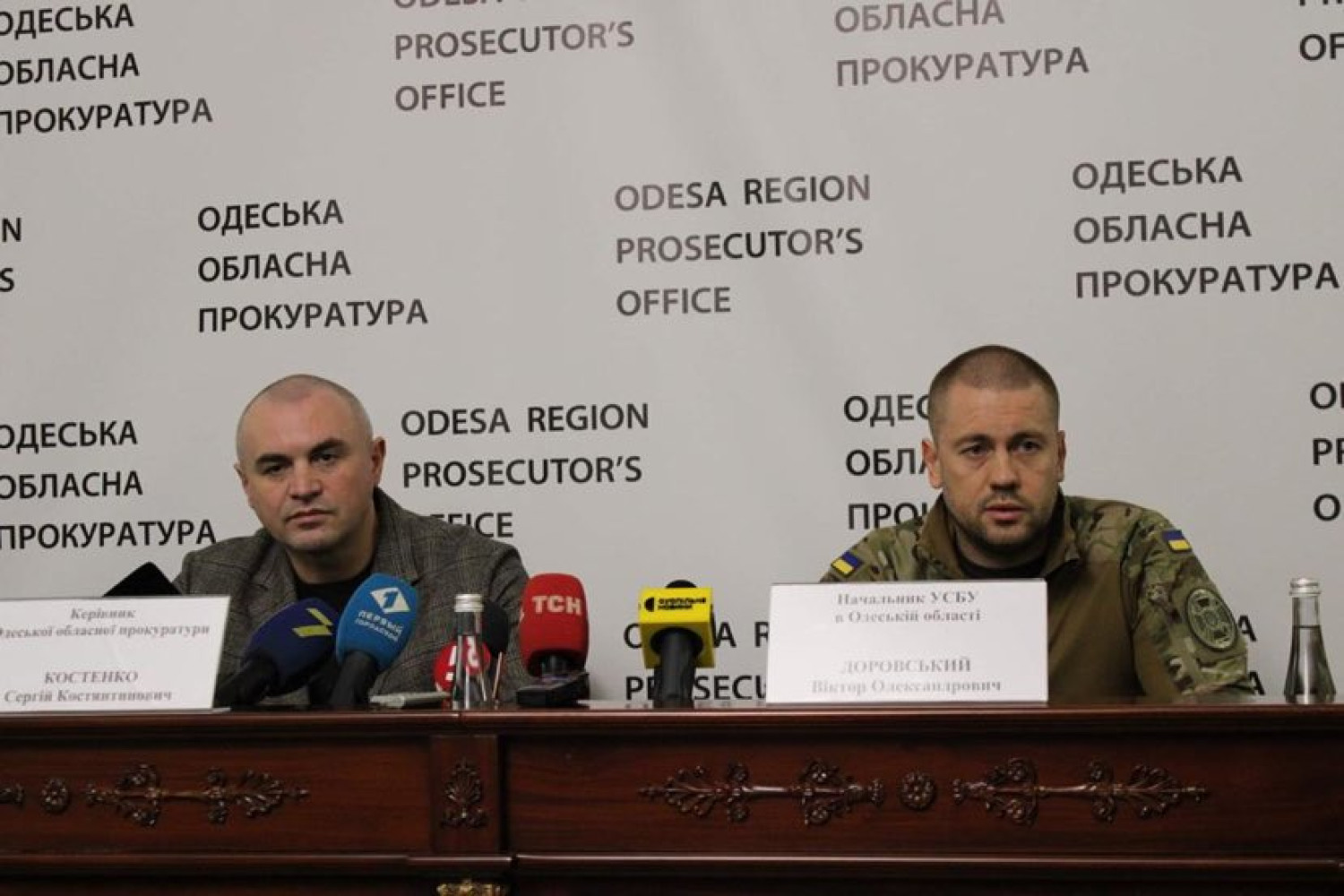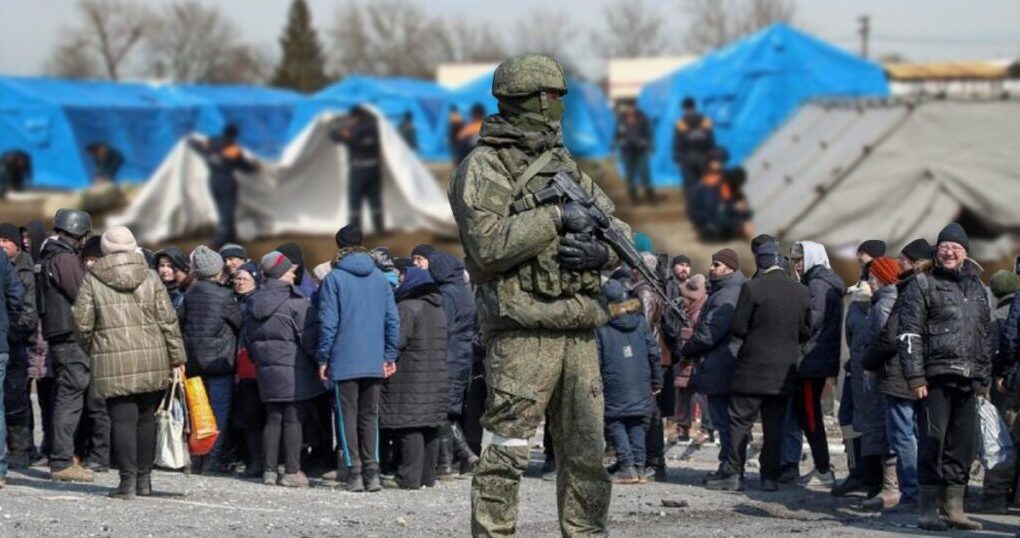Occupation—both as a term and a historical reality—has been an unwelcome constant throughout history. Take, for instance, the grim events of World War II. In the summer of 1941, Odessa found itself under a suffocating siege that severely hampered the city’s defense and the evacuation of its residents. By the fall, military and naval forces, facing strategic pressures, executed a daring nighttime withdrawal to Crimea. The operation, carried out in total secrecy with a carefully coordinated blackout and curfew, remains a case study in military brilliance around the world. Yet, the departure of the defenders left behind hundreds of thousands of civilians—mainly the elderly, women, and children. The very next day, Odessa fell to enemy forces, becoming subject to military and civilian occupation authorities.
Life under occupation followed its own grim logic, offering Odessians few choices: to join the resistance (whether underground or as partisans), or to cooperate with the occupying powers (whether willingly or reluctantly). The same story played out in Paris, Prague, Brussels, and Warsaw. In every case, some citizens despised the occupiers with passion, others adjusted to the new order, and many simply endured. One thing, however, was universal: everyone wanted to stay alive.
For Ukraine, this is not a relic of the past but an all-too-current struggle. Consider Mariupol, the Kherson region, and parts of Donetsk and Luhansk. Like it or not, the situation in these territories has taken its course. So, how can civilians navigate life under such conditions?
The Ukrainian government, through the National Resistance Center, addresses this critical concern.
On their website, it is stated as follows:
The Center for National Resistance was created by the Special Operations Forces to train, coordinate, and expand resistance movements against the occupation of Ukraine.
We:
- Teach nonviolent resistance
- Assist the underground movement
- Gather intelligence on the enemy
- Establish communication within the underground movement
- Inform the people of Ukraine about events in the temporarily occupied territories
- Together with you – bring victory closer
The Center for National Resistance operates within the framework of the Law of Ukraine “On the Fundamentals of National Resistance,” which was adopted on July 16, 2021, and came into effect on January 1, 2022.
The message is clear, simple, and unmistakable: join the underground resistance. The functions of the resistance include sabotage, infiltrating government and other organizations, gathering intelligence, recruiting and training personnel, spreading propaganda, and more. This guidance is publicly available in the guidelines posted on the Ukrainian government’s website. Notably, it does not advise citizens to leave the occupied areas immediately. Instead, it offers concrete recommendations for how citizens can support their country without directly confronting the occupying forces, including advice for those in leadership or other roles within the occupation.
Imagine you are an employee of a newly established police force, prosecutor’s office, administration, or perhaps a teacher or doctor, set up by the occupying authorities. Many Ukrainians found themselves in similar positions. Yet, Ukraine later deemed them state criminals, and they were imprisoned. While not all who cooperated with the occupiers did so with the intent to help Ukraine, it’s clear that some, after hearing the Ukrainian government’s advice, genuinely tried to assist their country. For this, they faced real prison sentences, despite following the official guidance of Ukraine’s highest authorities. The dilemma of citizens in occupied Ukrainian territories has been a painful issue since 2014.
On one hand, if Ukraine urges its citizens to abandon these occupied regions, it risks losing them permanently. On the other hand, citizens trapped in enemy-occupied territory must find ways to survive and adapt to their circumstances. For instance, many in Crimea and Luhansk have been forced to accept Russian passports. Ironically, even some who initially welcomed Russian control later returned to Ukrainian-controlled areas to obtain biometric passports for travel to Europe. This creates a situation that is far from black and white. A comparable case can be seen in Moldova, where residents of Transnistria routinely carry both Transnistrian and Moldovan passports, the latter allowing them visa-free access to Europe.
Let’s take a moment to examine the situation in Transnistria (Pridnestrovian Moldavian Republic, PMR), where Russian “peacekeeping” forces have been stationed for years. Some prominent politicians and commentators, not without reason, label this area a “massive criminal black hole” where anything and everything can be concealed. At the same time, PMR residents enjoy certain perks, such as holding Moldovan passports. Of particular significance is the February 28, 2024, appeal by deputies to Putin, seeking “protection from the pressure being applied by Moldova”. The information sent shockwaves not just through PMR and Moldova, but especially through the citizens of Odessa and its surrounding areas. With the PMR border only 40 kilometers away, a modern tank could reach Odessa in about an hour, not to mention airstrikes or missiles. Odessa is uniquely vulnerable, trapped with nowhere to escape in case of an emergency: the sea lies to one side, while the PMR and Moldova borders are on the other. The Romanian border, however, is quite a stretch from here. Despite the rumors, gossip, and local legends, Odessa has never been a pro-Russian city—it’s a distinctly European city, much like the description of Odessa in Onegin: “The city breathes of Europe; hotly…”
Odessians, as a rule, aren’t given to political posturing. They desire, as the saying goes, la dolce vita (a beautiful life)—freedom to travel to Europe and back, without the need to chant “Glory to Vova Putin!” That said, some Odessa officials have become the subject of rumors, gossip, and high-profile scandals. However, some Odessa officials have often been at the center of rumors, gossip, and scandals. Although unproven, it’s hard to find anyone who hasn’t heard the whispers about Mayor Gennadiy Trukhanov holding a Russian passport and citizenship. There have also been persistent rumors regarding the ex-head of the state administration, Serhii Hrynevetsky, and his supposed strong sympathies for the Russian Federation. There has been consistent talk about Serhii Kivalov receiving awards from Putin himself.

Similarly, rumors circulate among the citizens of Odessa about the current head of the Security Service of the Odessa region – Viktor Dorovskoy, with some claiming that his father has deep ties to Russia, the PMR, and its criminal networks.

In such an environment, it’s only natural for Odessians and local residents to be skeptical about relying on anyone but themselves. After all, with the track record of the authorities in Crimea, Donetsk, and Luhansk, it’s hard to imagine them stepping in to protect civilians in extreme situations.
While many Ukrainians still look to the Ukrainian Armed Forces (AFU) for protection, the reality is more complex. Under Ukraine’s Constitution, the AFU’s role is to safeguard the country’s territorial integrity and independence, not to protect the civilian population during wartime—an arrangement that, logically, makes sense. Moreover, it’s hard to place much faith in the police, SBU, or prosecutor’s office to defend Odessians with arms. After all, in 2014 in Crimea, Donetsk, and Luhansk, as well as in 2022 in Melitopol, many officers from these departments defected to the occupation forces without hesitation. And in Mariupol in 2022, the mayor abandoned his constituents, fleeing the city and leaving them to their fate.
So what should ordinary citizens do?
What can they count on if, theoretically speaking, Odessa is trapped, the enemy intensifies the siege, and the occupation forces take over? History provides some insight here. First, in the midst of conflict, when the government’s power wanes or disappears entirely, criminal activity often spikes—looting, murder, assault, rape, and other serious offenses are common. Second, any government officials who turn against the state and side with the enemy will prove their loyalty with acts of cruelty, much as they did during World War II. Third, the occupying forces themselves are no strangers to violence—looting, killing, and raping—as seen in the past and most recently in places like Bucha and Gostomel.
So, the options left for the citizens are limited:
- Acquire weapons, learn how to use them, and defend themselves with arms;
- Try working with the occupying authorities, serving in ways that could benefit Ukraine (but this carries great risk—misinterpretation could lead to accusations of treason or state crimes, as we’ve discussed);
- Sit by the sea and wait for things to get better.
But that’s practically impossible: you need to eat, drink, get medical care, buy clothes, and raise children. You have to earn money and work. But for whom? Who can you work for under occupation? As we’ve seen with Mariupol and the Kherson region, getting out of occupied areas isn’t simple—it’s a situation where you have to count on yourself, to say the least.
Over the course of these ten years of war (2014-2024), Ukraine has found itself in a difficult, contradictory situation. Most Ukrainians are left with numerous questions. There is no simple, quick, or clear solution to this. However, one thing is certain: as long as Ukraine positions itself as a democratic state, it has an obligation to consider the citizens who may find themselves—or have already found themselves—in occupied territories. They were, and still are, citizens of Ukraine. Protecting its citizens is the state’s undeniable responsibility, a principle recognized throughout Europe and the whole civilized world. If fate forces someone to act in dire circumstances, defending themselves and their loved ones with no help from the state, they cannot be labeled a traitor to their country. When the state neglects its responsibility to protect its citizens but continues to demand unwavering loyalty, it’s impossible not to recall the notorious idea: “The state is everything, and the individual is nothing.” But we’ve seen this before—and we know how it ends…

